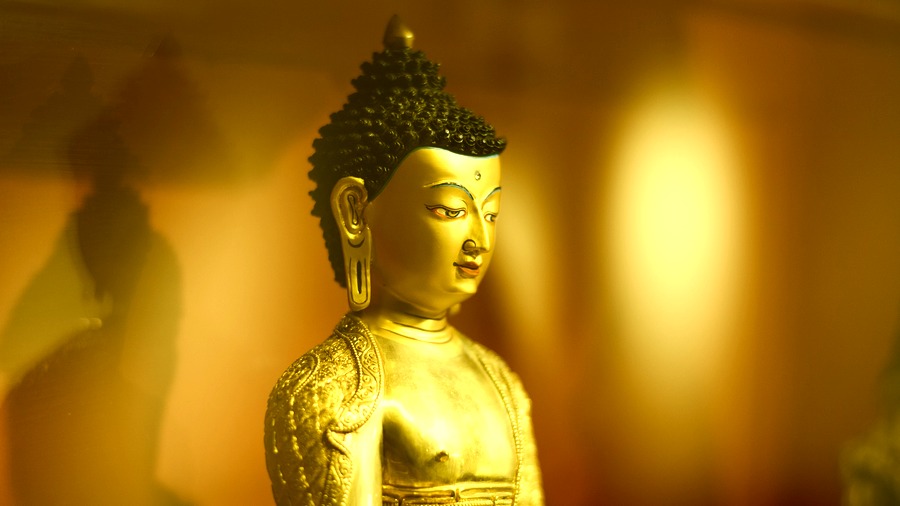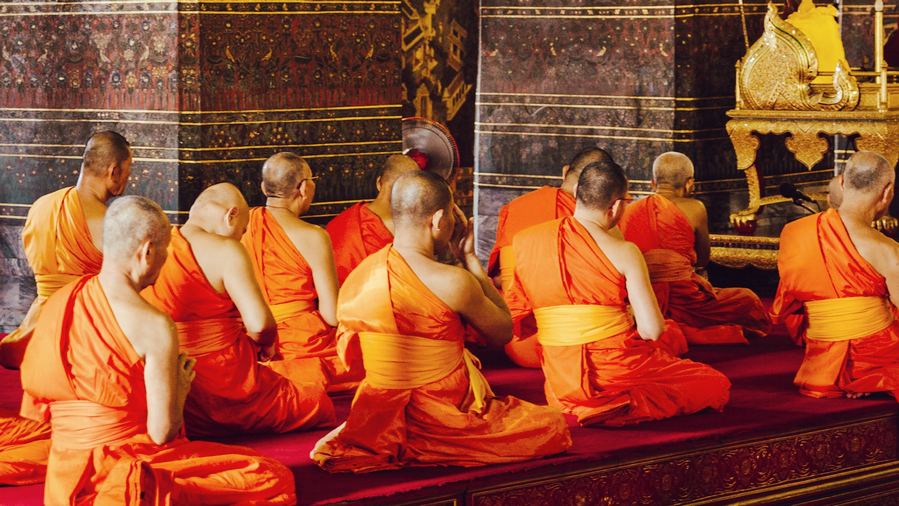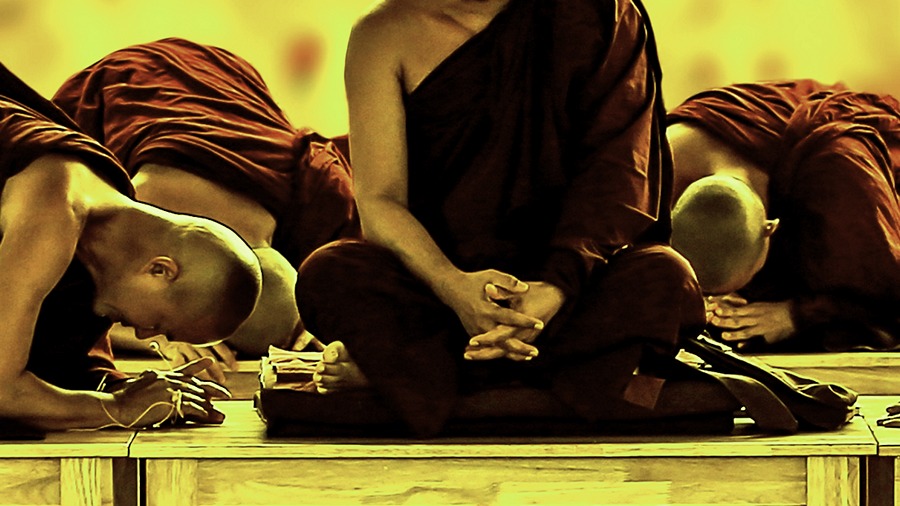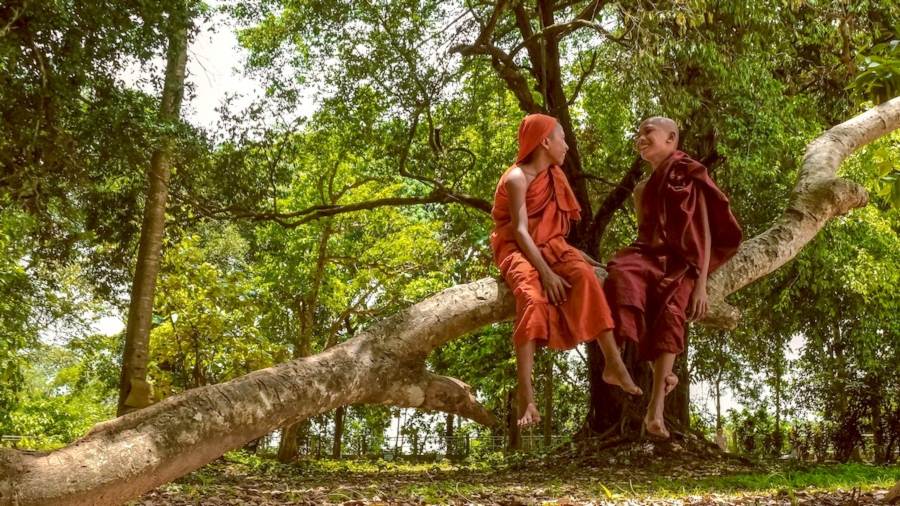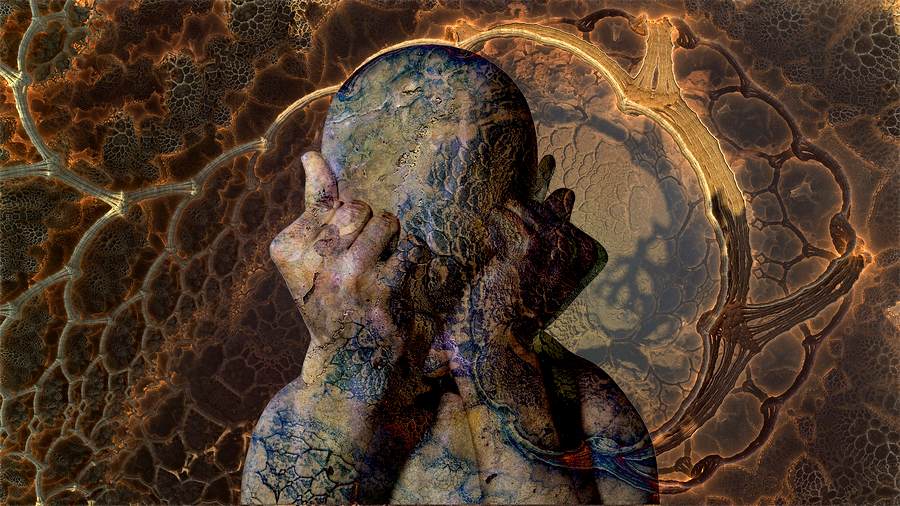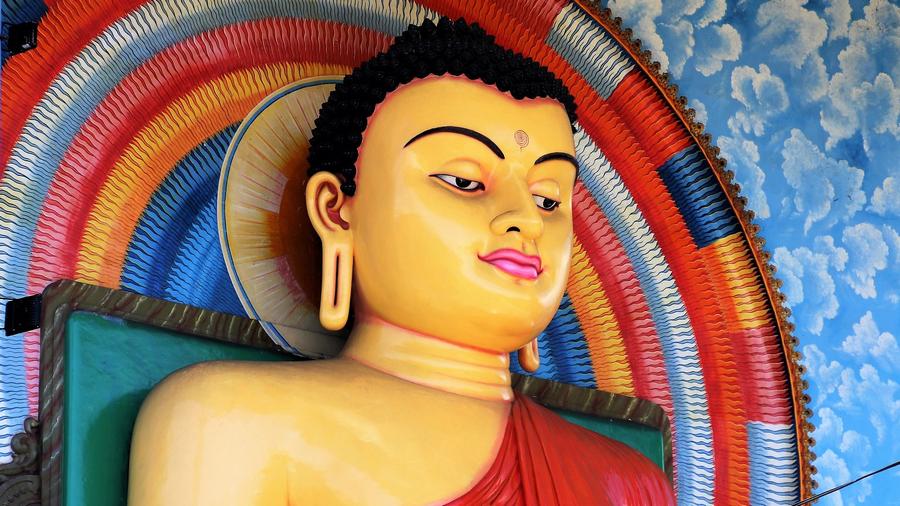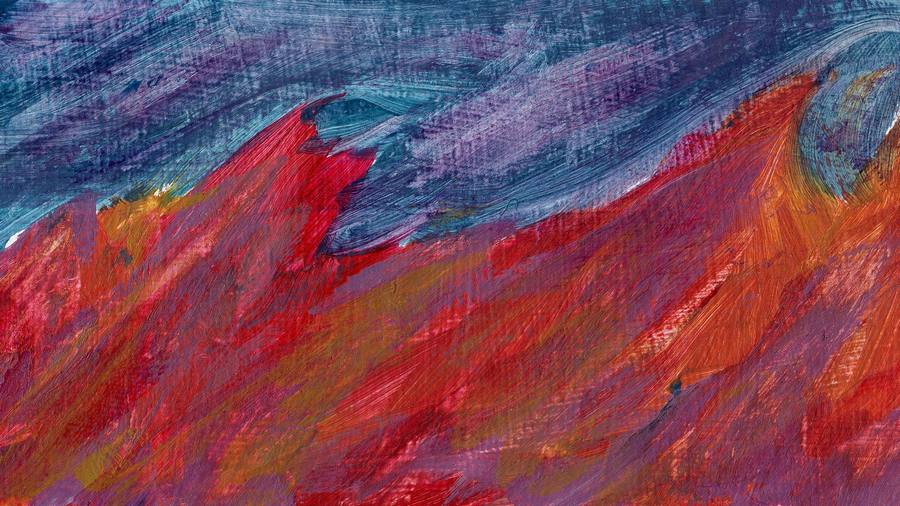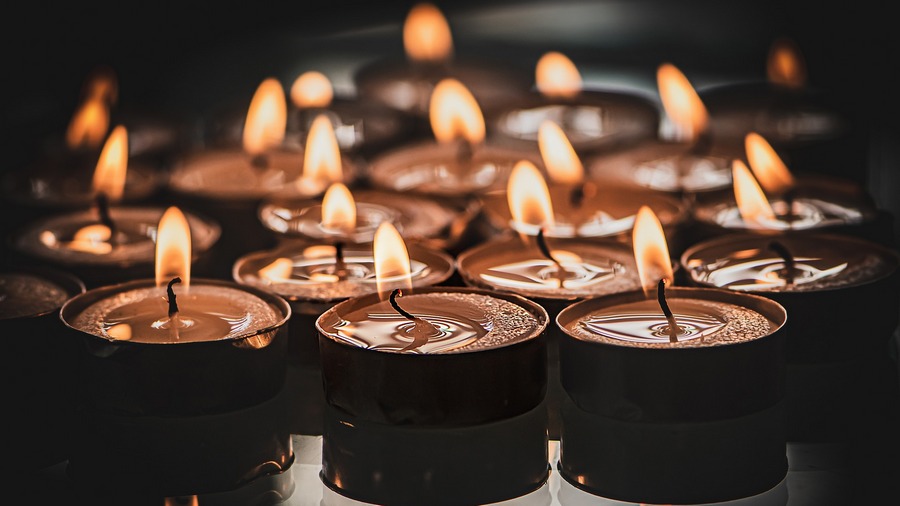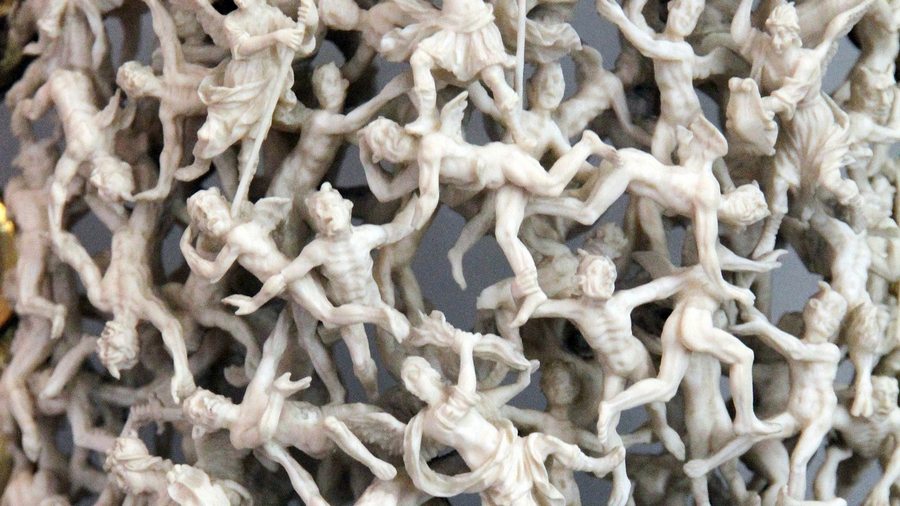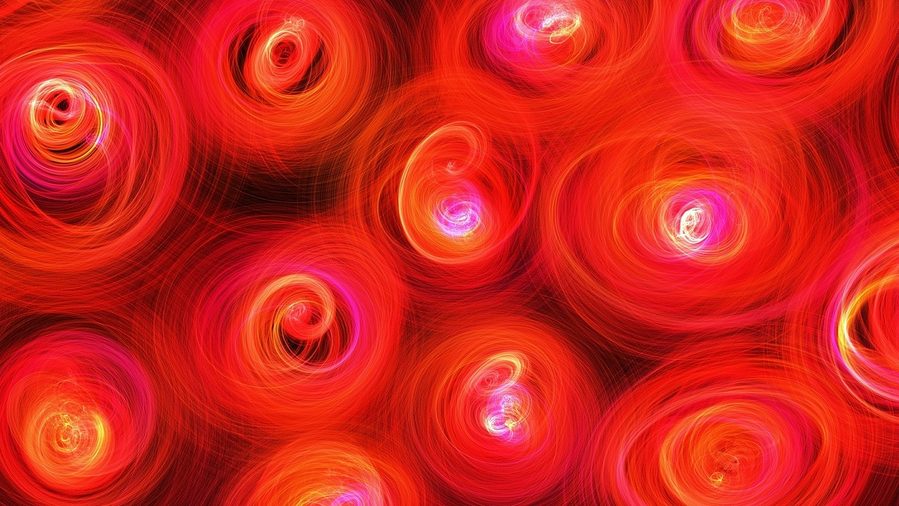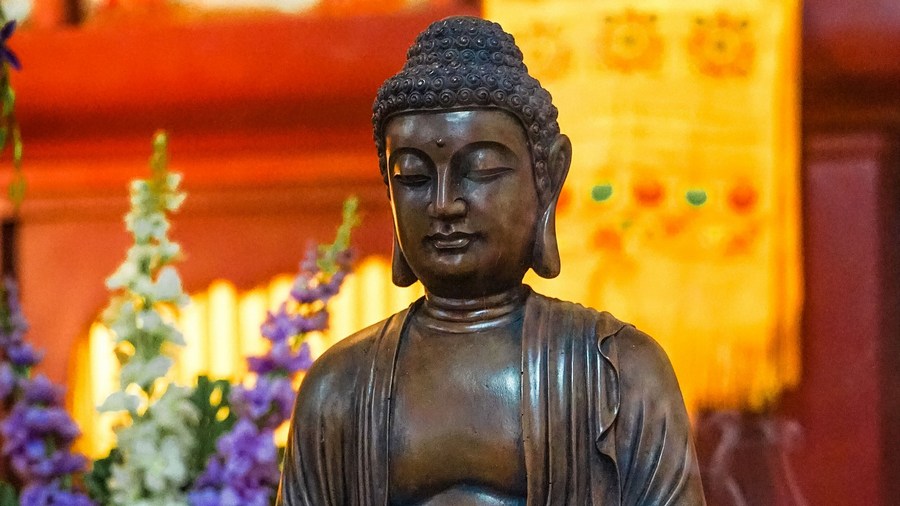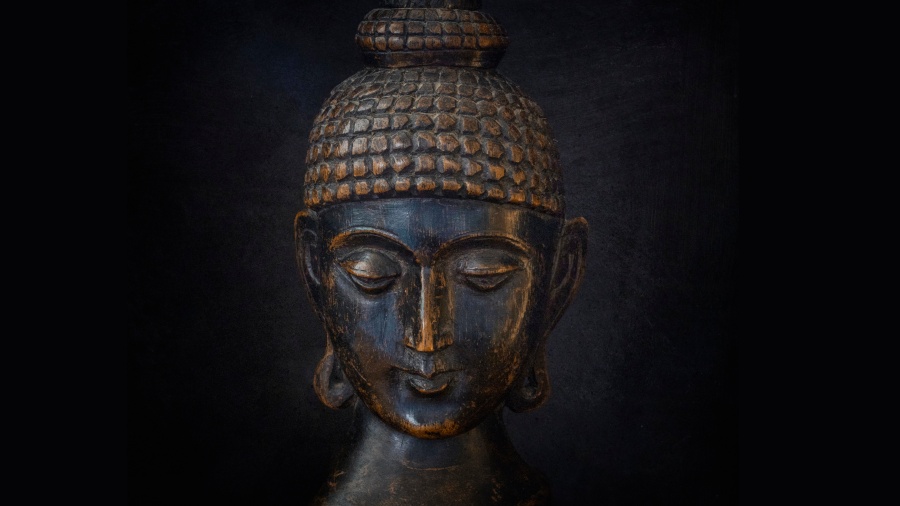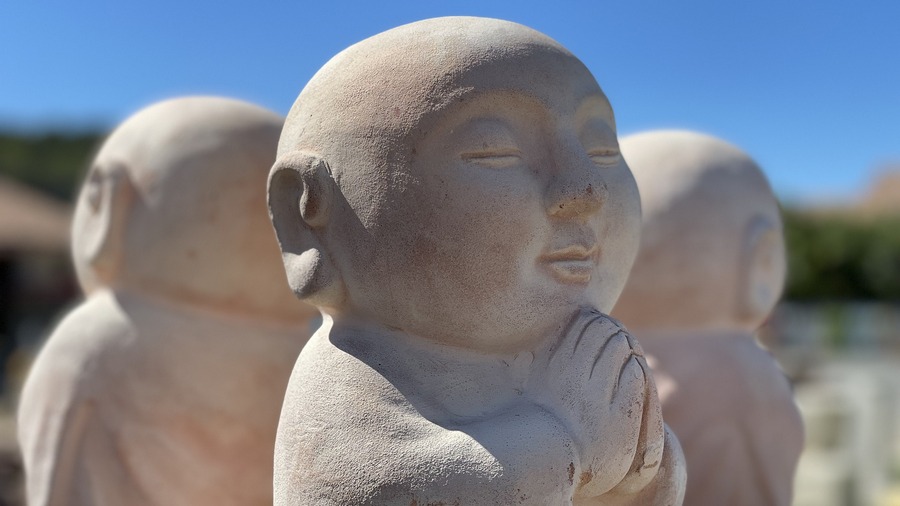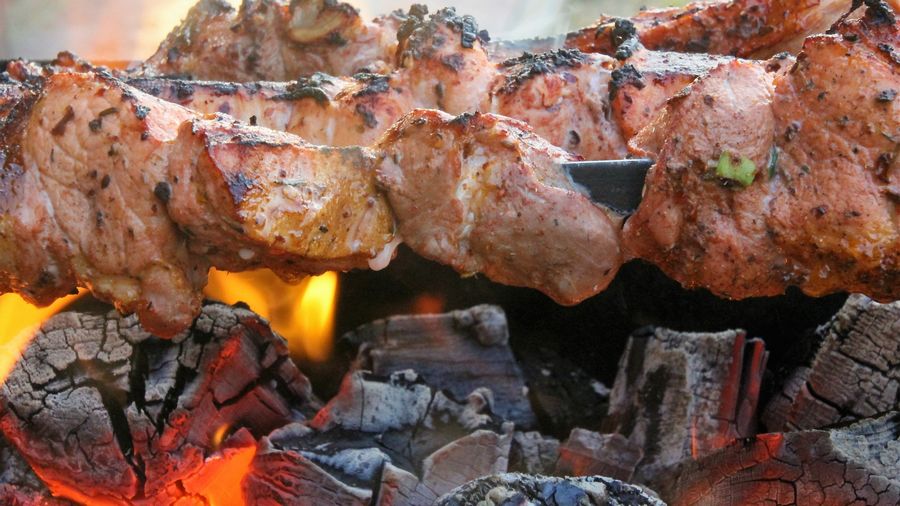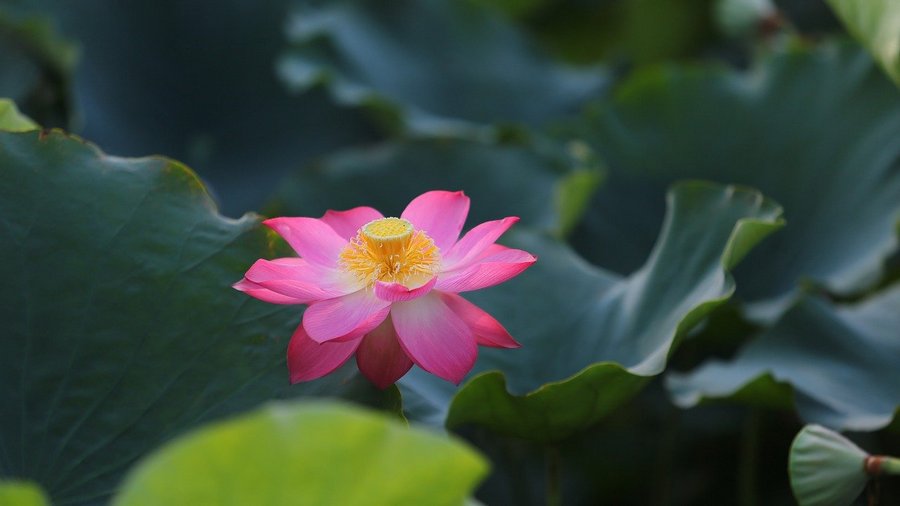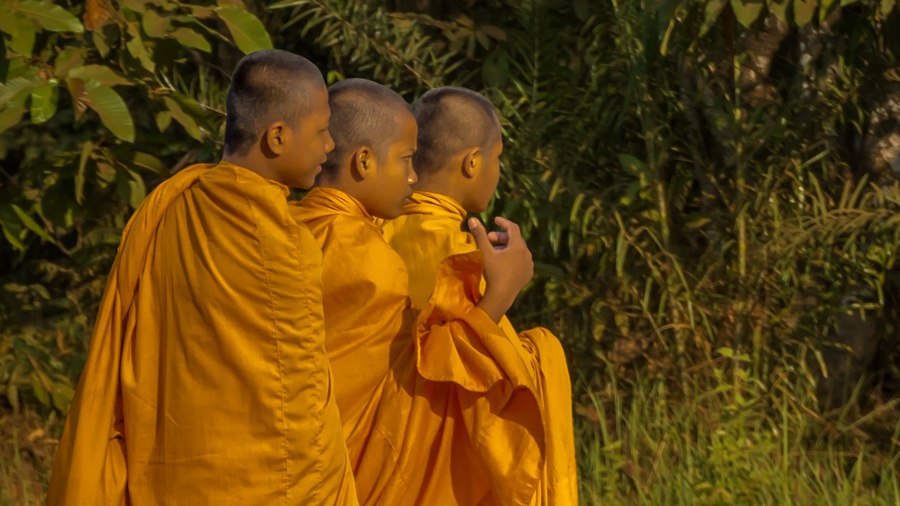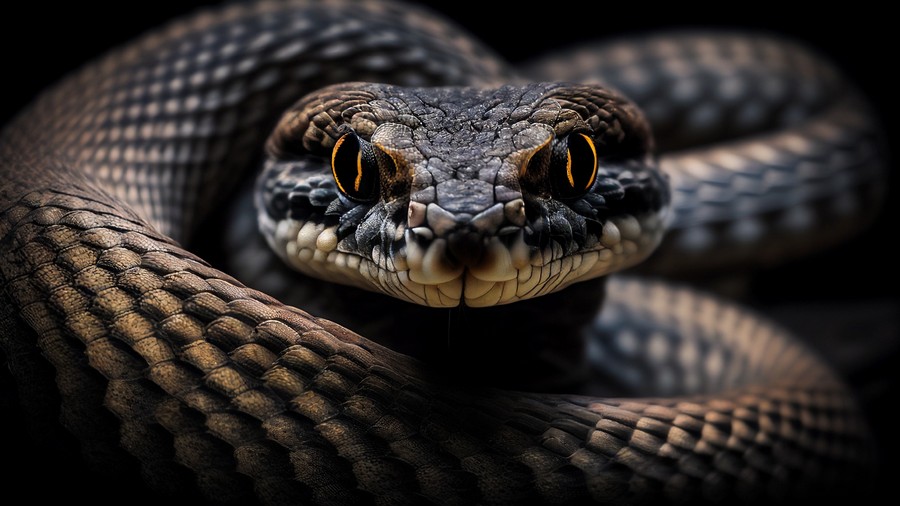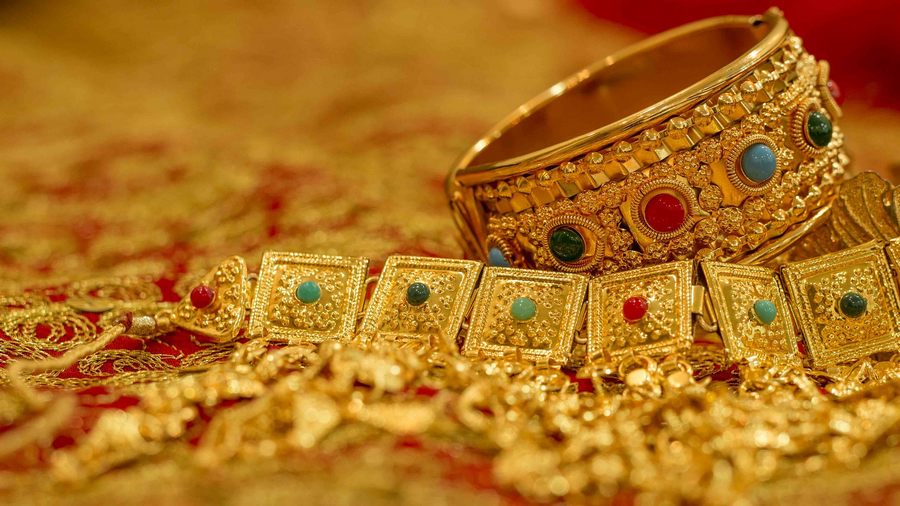-
MN 128 From… Upakkilesasutta: Corruptions: Disharmony and Harmony
I hope you’re living in harmony, appreciating each other, without quarreling, blending like milk and water, and regarding each other with kindly eyes?
-
AN 7.1 Paṭhamapiyasutta: Pleasing (1st)
A mendicant with seven qualities is disliked and disapproved by their spiritual companions
-
MN 108 From… Gopakamoggallānasutta: With Moggallāna the Guardian
Master Ānanda, what’s the reason for your harmony?
🏷️harmony
-
AN 10.42 Paṭhamavivādamūlasutta: Roots of Arguments (1st)
Sir, how many roots of arguments are there?
-
MN 89 From… Dhammacetiyasutta: Shrines to the Teaching
But here I see the mendicants living in harmony, appreciating each other, without quarreling…
🏷️harmony
-
AN 5.212 Bhaṇḍanakārakasutta: Starting Arguments
A mendicant who starts arguments, quarrels, disputes, debates, and disciplinary issues in the Saṅgha can expect five drawbacks.
🏷️disputes
-
-
Iti 19 Saṁghasāmaggīsutta: Harmony in the Saṅgha
When the Saṅgha is in harmony, they don’t argue, insult, block, or reject each other.
🏷️harmony
-
AN 9.30 Āghātapaṭivinayasutta: Getting Rid of Resentment
‘They harmed me, but what can I possibly do?’
-
Pv 2.10 Uttaramātu Sutta: Uttara’s Mother
Now what evil deed did you do by body, speech, or mind so that the water of rivers now becomes blood for you?
🏷️anger
-
SN 46.51 From… Āhārasutta: Nutriment
And what, bhikkhus, is the nutriment for the arising of unarisen ill will…
🏷️ill will
-
AN 9.25 Paññāsutta: Consolidated by Wisdom
I understand: “Rebirth is ended, the spiritual journey has been completed, what had to be done has been done, there is no return to any state of existence.”
-
AN 3.25 Vajirūpamasutta: Diamond
And what, bhikkhus, is the person whose mind is like an open sore?
🏷️anger
-
-
SN 7.3 Asurindakasutta: With Bhāradvāja the Fiend
‘Ha! I won!’ thinks the fool, when speaking with harsh words.
-
-
SN 11.22 Dubbaṇṇiyasutta: Ugly
‘I am not one afflicted in mind, nor easily drawn by anger’s whirl.
🏷️anger
-
MN 114 From… Sevitabbāsevitabbasutta: What Should and Should Not Be Cultivated
And what kind of mental behavior causes unskillful qualities to grow while skillful qualities decline?
🏷️ill will
-
AN 4.17 Paṭhamaagatisutta: Wrong Courses (1)
If through desire, hate, fear, or delusion one transgresses against the Dhamma
🏷️anger
-
-
MN 54 From… Potaliyasutta: With Potaliya the Householder
Anger and distress should be given up, relying on not being angry and distressed.
🏷️anger
-
AN 4.164 Khama Sutta: Tolerant (1)
There is the case where a certain individual, when insulted, returns the insult
🏷️anger
-
Thag 6.12 Brahmadattattheragāthā: Brahmadatta
From where would anger come for one free of anger?
🏷️anger
-
MN 62 From… Mahārāhulovādasutta: 62. The Greater Discourse of Advice to Rāhula
Rāhula, when you practice ‘loving-kindness’ meditation, hostility will be abandoned.
🏷️ill will
-
-
SN 46.55 From… Saṅgāravasutta: Saṅgarava
Suppose, brahmin, there is a bowl of water being heated over a fire…
🏷️ill will
-
-
-
AN 7.64 Kodhanasutta: Irritable
These are the seven things that please and assist an enemy which happen to an irritable woman or man.
-
AN 6.27 From… Paṭhamasamayasutta: Proper Occasions (1st)
There are six occasions for going to see an esteemed mendicant
🏷️ill will
-
AN 4.122 From… Ūmibhayasutta: The Danger of Waves
A gentleman who goes forth from the lay life to homelessness in this teaching and training should anticipate four dangers.
🏷️anger

